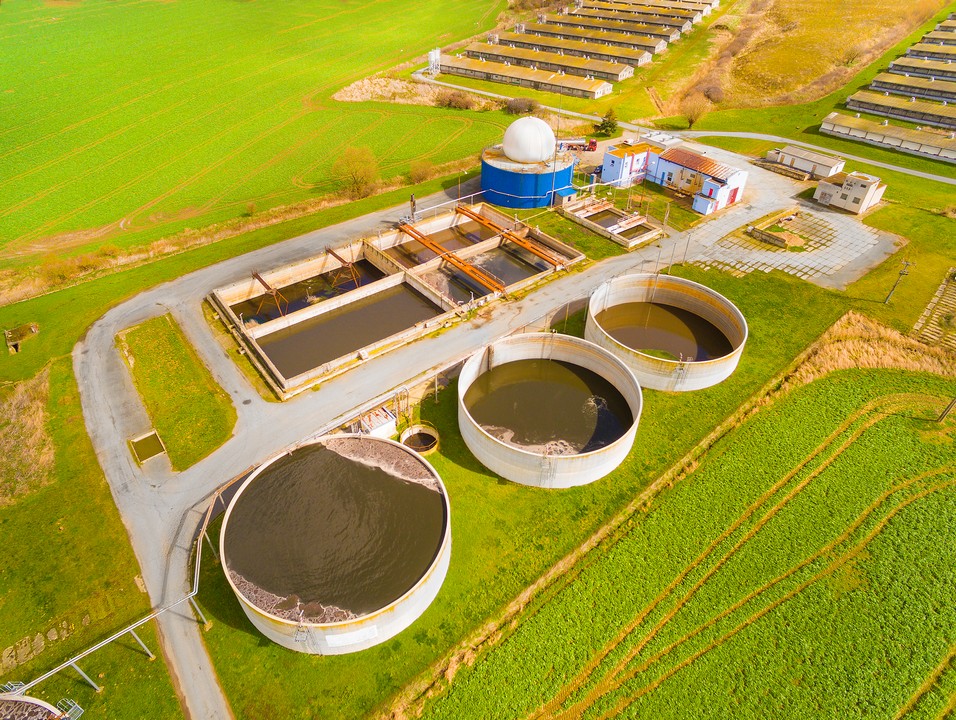World Bank’s IFC to build biomass plant in Negros Occidental
- August 22, 2016
- 0

World Bank Group member IFC invested $161 Million in three biomass power plants in Negros Occidental with the support from the Canadian government and the Clean Technology Fund.
The plants currently being built in Manapla, San Carlos and La Carlota will convert sugarcane waste to electricity through a low – carbon emitting process called “circulating fluidized bed boiler technology.” The project is expected to generate around 70 megawatts of clean renewable energy for the country.
“Energy is central to the country’s development, and the Philippines needs to further diversify and secure its energy sources. Converting agricultural waste to biomass power is a sustainable way of creating economic value while caring for the environment.” IFC country manager Yuan Xu said.
Currently, Canada has provided CA$271 million to the said project to enable climate change investments that are creating significant environmental and economic benefits in developing countries.
The funding, according to Bronzeoak Philippines CEO Jose Maria Zabaleta, will help utilize agricultural waste to generate reliable base load power, “providing additional income to farmers, reducing fertilizer costs and helping contribute to a healthful ecology.”
Bronzeoak Philippines is one of the shareholders of the biomass project.
“ThomasLloyd is delighted that IFC has chosen to participate in these investments. With its use of local sugar cane waste, this project is an exciting development for all the stakeholders and especially for the local community,” said Tony Coveney, executive director of ThomasLloyd Group Ltd. ThomasLloyd CTI Asia Holdings. The company is the principal financial sponsor of the project.
The three biomass plants are expected to qualify for the feed – in – tariff of the Regulatory Commission, where the incentives are available to energy producers with up to 250 megawatts of biomass generating capacity.